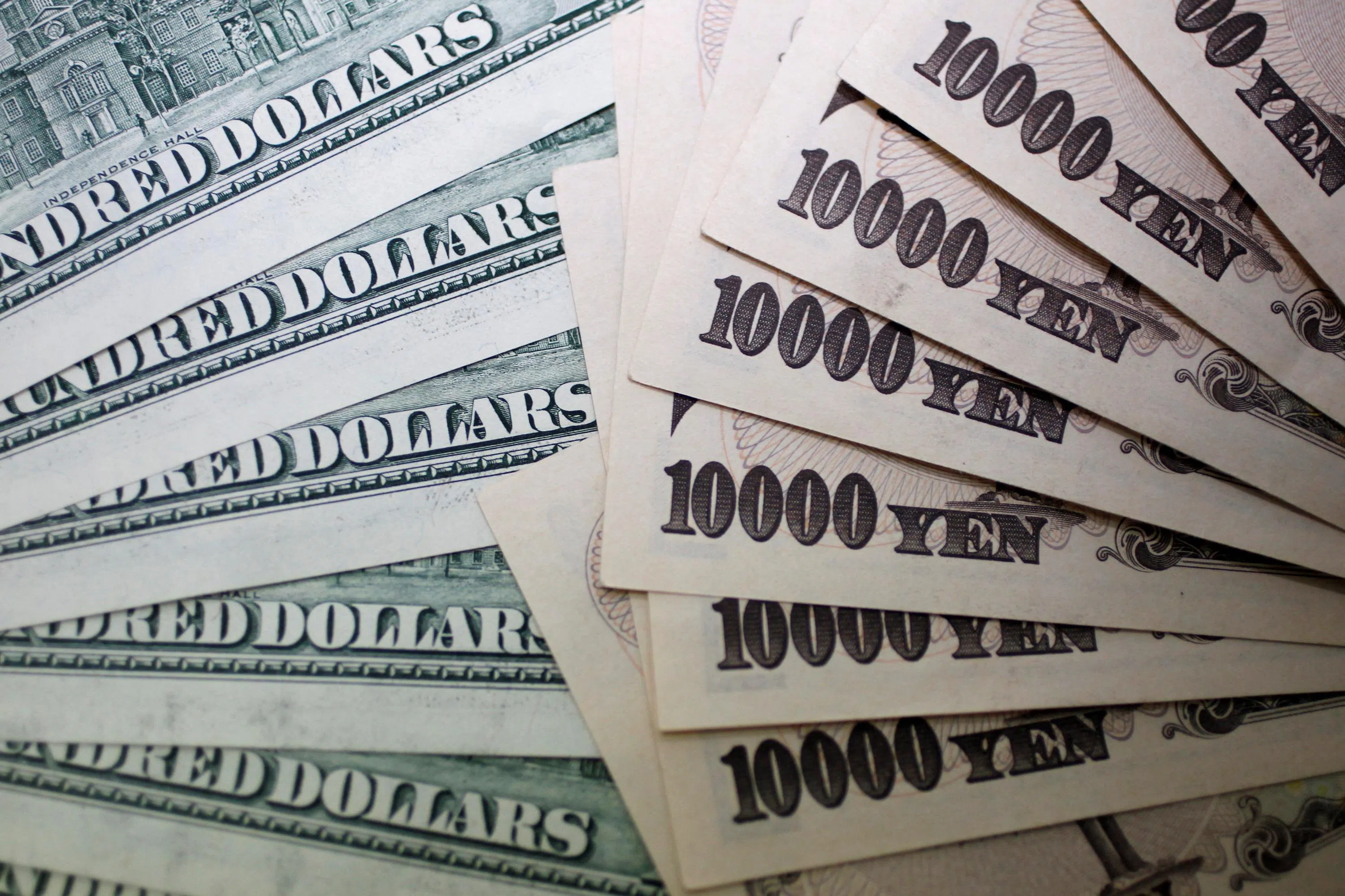The US dollar headed for its best weekly performance in a month on Friday (Dec 13), as investors priced in the possibility of the Federal Reserve cutting rates more slowly next year, while sterling fell after a surprise contraction in UK economic activity.
The greenback also rose against the yen, after reports that the Bank of Japan (BOJ) could forgo a rate hike at its meeting next week.
The dollar index, which measures the currency against six others, was up 0.037 per cent at 107, set for a weekly gain of nearly 1 per cent, its biggest in a month.
US data on Thursday showed the job market is gradually cooling in line with expectations, while producer price inflation helped reinforce the market’s current scenario of a Fed cut on Dec 18, but a slower pace of reductions in 2025.
Markets fully expect a cut at the upcoming meeting, but only price a roughly 24 per cent chance of another one in January, with March the most likely point for another move, according to CME’s FedWatch tool.
“I think there will likely be a long pause, perhaps for all of the first quarter of the year from the Fed, and then maybe just an incremental interest rate cut here and there as the central bank tries to refine its policy,” said Matt Weller, head of market research at StoneX.
BT in your inbox
Start and end each day with the latest news stories and analyses delivered straight to your inbox.
San Francisco Fed president Mary Daly, for example, said this month that she was comfortable cutting rates in December, but advocated “a more thoughtful and cautious approach” on further reductions.
The dollar rose 0.69 per cent to 153.695 yen, its highest since late November. The yen has been the worst performer this week against the dollar, which has gained 2 per cent on the Japanese currency.
Traders see just a 23 per cent chance of a quarter-point hike by the BOJ on Dec 19, following reports by Reuters and Bloomberg that pointed to officials forgoing tightening this time, in order to wait for more evidence of wage growth and see how US policy takes shape under incoming president Donald Trump.
“While the outcome is uncertain, one thing is clear: A hike exceeding 15 basis points (bps) would likely trigger a downside move in dollar/yen as the yen strengthens,” City Index market analyst David Scutt said.
“On the other hand, if the BOJ keeps rates unchanged, there’s a solid chance of a knee-jerk upside reaction.”
Europe under pressure
In Europe, the pound fell after data showed the UK economy shrank unexpectedly in October, adding to signs of a bigger-than-expected slowdown. The Office for National Statistics said the economy contracted 0.1 per cent in October, compared with forecasts in a Reuters poll for growth of 0.1 per cent.
Sterling was last down 0.45 per cent at US$1.2616, around its weakest since the start of the month.
The euro pared earlier losses against the dollar and rose 0.26 per cent to US$1.04945. The European Central Bank on Thursday cut rates by 25 bps and kept the door open to further easing.
The Swiss franc remained under pressure after the central bank’s shock half-point rate reduction the day before. The Swiss franc was last nearly flat at 0.89265 francs.
Rate cuts and the threat of the US imposing tariffs have Canada’s dollar pinned to a four-and-a-half-year low.
The Chinese yuan held at 7.281 per dollar in the offshore market. Reuters reported this week China is considering allowing its currency to fall further to counter the impact from any US trade war. Reuters







